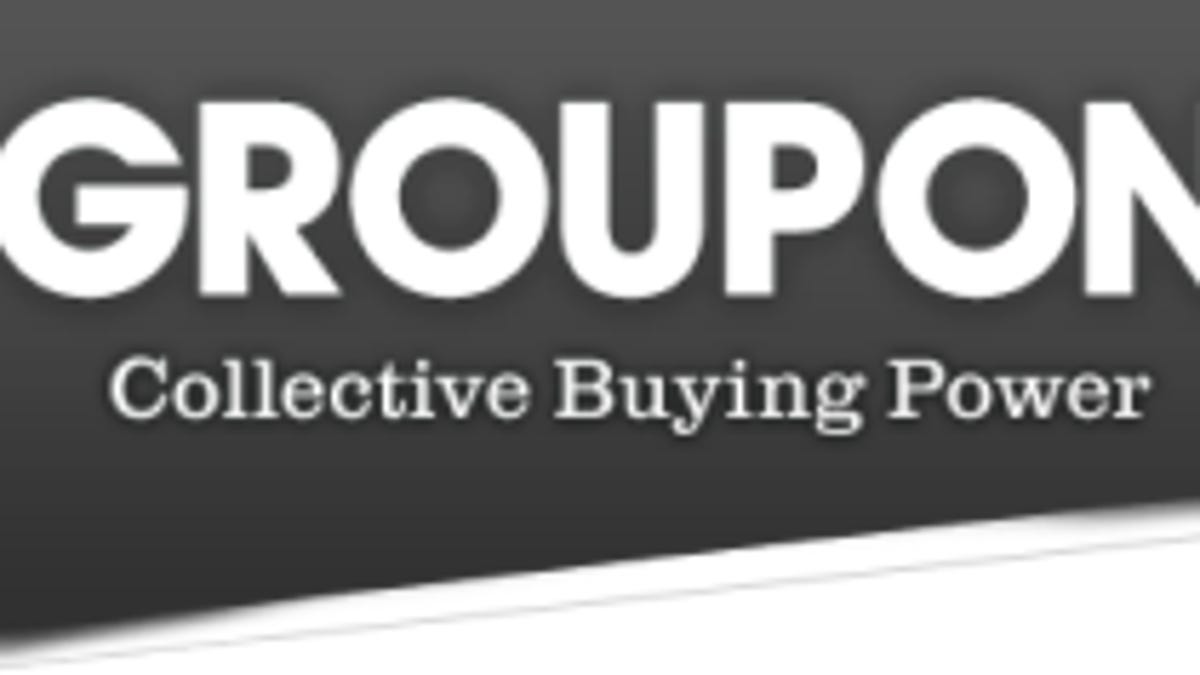With Groupon, Google could go beyond engineers
Google is said to be seriously interested in buying e-commerce site Groupon, or has already bought it depending on who you believe. Groupon is already making money on its own--but it may want to sell because it can't keep that up indefinitely.

What happens when you throw a bunch of Chicago comedians into a complex of Silicon Valley engineers? Hilarity, maybe. Or one of the more unusual M&A gossip yarns of the past few years.
There's loads of talk right now about whether group-buying coupon service Groupon will sell to a big buyer or will hold out as an independent company in the hopes that it may become the world's leading name in local-business advertising. The barrage of rumors over Groupon is an interesting one--Yahoo wants it! Yahoo loses it! Google may be willing to fork over $4 billion for it! Groupon doesn't want to sell! Wait, has Google bought it?--is an interesting one, if only for the reason that most of the acquisition targets these days are eyed for the hot technology they've built. Groupon isn't.
What it boils down to, primarily, is the fact that Groupon's "secret sauce" is not its technology--as evidenced by the fact that the group-buying model, which had a short and unsuccessful stint in the dot-com days, has proven ridiculously easy to replicate and that hundreds of "Groupon clones" have popped up--but its massive sales force and how that sales force is organized. It's not Google's usual cup of tea, but it's one of Google's own weak spots. And on the other side of things, it's something Groupon may not be able to maintain at such a fast clip on its own.
Groupon is a bit wacky: The Chicago-headquartered company, under the reign of proudly eccentric CEO Andrew Mason (he keeps a level head by surrounding a framed copy of his Forbes magazine cover with other magazine covers featuring the CEOs of once-hyped companies that flopped), has thousands of employees brokering deals with local businesses in dozens of U.S. metro areas as well as international locales in Europe and Latin America. Many of these sales reps, copywriters, and customer service employees were sourced from the Chicago comedy scene.
All in all it's a stark contrast to the current engineer-centrism in Silicon Valley, the attitude depicted through Facebook's displaying of "HACK" in massive stylized letters on the doors to its Palo Alto, Calif. headquarters and through Google's much-publicized willingness to keep its engineers from leaving for the pre-IPO Facebook or small start-ups. If Google buys Groupon, it's not picking up an ace developer team or a legendary Valley entrepreneur. (ThePoint, a "group action" company out of which Groupon spun a few years ago, was Mason's first company.) It's also buying a company that's proven it can make money--and a lot of it--just fine on its own.
But Google may actually want this, explained David Ambrose, co-founder of New York group buying start-up Scoop St., who says he thinks the profitable Groupon would be "totally fine without selling to Google" and that he thinks it could very well court a price tag bigger than the $2.5 billion reported. "Google has never really been able to do direct sales well at all," Ambrose said, citing Google's failed attempt to sell and market the Nexus One smartphone on its own site. And, he added, Google's revolutionary AdWords product is not intuitive for many of the small-town businesses that have caught the Groupon fever. "AdWords for a local business is really, really hard," Ambrose said and pointed out the number of AdWords "experts" and consultants offering their services to brick-and-mortar businesses.
The other reason why Groupon may be looking to cash out is the fact that as it grows bigger, it rises higher and higher above the small merchants that made it big in the first place, and there's an increasingly lower chance that a sales rep in Chicago will be able to understand the far-flung market with which he or she is dealing. National retailers like Gap have begun to jump on the Groupon bandwagon, but when its daily deals no longer come with legitimate quality assurance, there's a problem.
Also: Reports have indicated that LivingSocial, Groupon's closest competitor in the group-buying space, is now growing faster than Groupon itself (LivingSocial was not available for comment to verify this) and that its better grip on how to harness the power of Facebook's social connections (it began as a Facebook quiz-app company, after all) may give it a technological advantage that has permitted it to grow with far fewer resources and much less venture capital than Groupon.
But Google itself has been criticized lately for growing too big to innovate, and ironically, this may be a problem that could plague Groupon itself if it opts not to sell.
In short, Groupon does one thing and it does it very well. It's also built up a megalithic operation. It's been all too evident on the Web these days that a company needs to "iterate" and continually develop new products and developments so as not to get left behind. Facebook, which keeps its headcount almost obsessively low to be able to iterate without bloat, is perhaps the biggest proponent of this, and Google itself has been criticized lately for getting so big that its blades of innovation are dulling. With Groupon's employee head count already in the thousands, could it be difficult for this local-commerce mastermind to make more earth-shaking moves on its own and keep those profits up?
It's possible. Which is why even the seeming promises of future profitability may not be enough to dissuade it from a multibillion-dollar sale.

